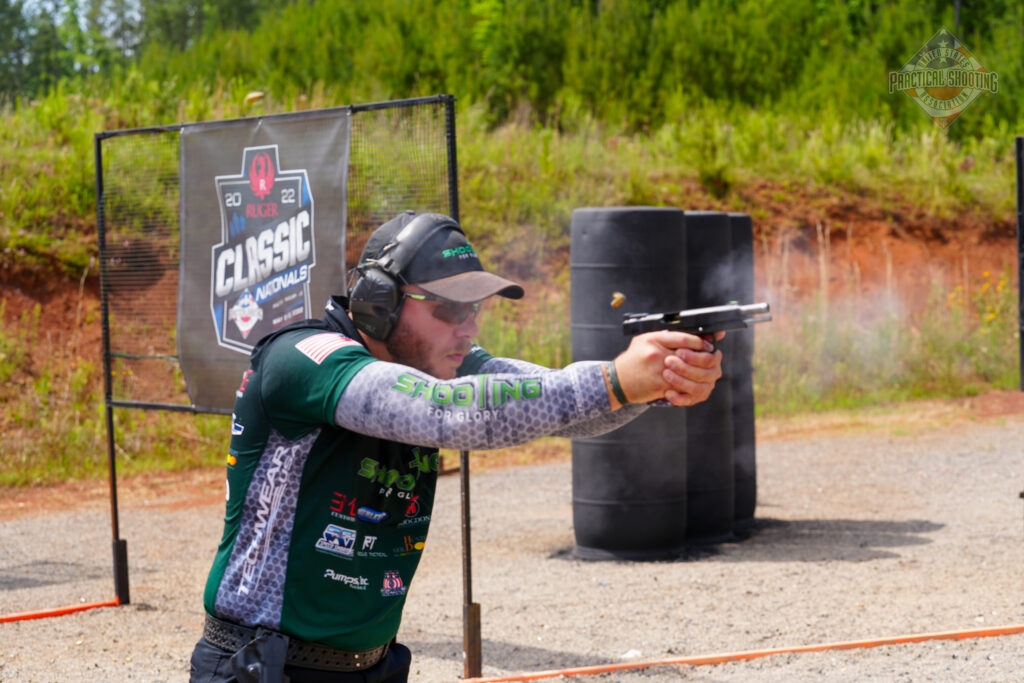Shooting, as a skill, is much like any other discipline; it grows, refines, and evolves with practice, guidance, and exposure to varied challenges. Practical shooting, especially with the incorporation of the Hit Factor scoring system, is an exemplary arena for such evolution. Here's how embracing this dynamic sport can significantly enhance your shooting prowess.
1. Exposure to Diverse Scenarios
Practical shooting is a far cry from the static environment of a traditional shooting range. You're not just aiming at stationary targets from a fixed position. Courses are designed to simulate real-world scenarios which can include moving targets, barriers, varying distances, and even decision-making elements on which target to hit first. This exposure to diverse challenges hones adaptability and ensures your shooting skills are versatile and not just textbook-perfect.
2. Time Pressure Enhances Reflexes
In many other shooting disciplines, precision is prioritized, often at the expense of speed. Practical shooting turns this on its head. With the Hit Factor scoring system, time is of the essence. This pressure pushes you to develop faster reflexes, quicker target acquisition, and a streamlined shooting process. Over time, this can result in a shooter being able to maintain accuracy while significantly improving speed.
3. Strategy Development

Hit Factor isn't just about shooting fast; it's about shooting smart. By dividing your total stage points by the time taken, you're often faced with a strategic decision: Do you go for a potentially higher point shot that might take slightly longer or a quicker, lower point shot to save time? This constant calculation sharpens your on-the-fly decision-making skills, making you a more tactically sound shooter.
4. Emphasis on Holistic Development
Practical shooting isn't just about pulling the trigger. Movement, weapon transitions, reloads, and even order of target engagement play crucial roles. The sport, by its nature, ensures that you don't just focus on one aspect of shooting but develop a well-rounded skill set.
5. Regular Feedback Loop
The Hit Factor scoring system offers immediate feedback on your performance. By quantifying your speed and accuracy, you can pinpoint areas of improvement. Over time, this constant feedback can guide targeted training sessions and lead to measurable improvement in shooting skills.

6. Community Learning
The practical shooting community is vast, passionate, and supportive. Engaging with this community provides a wealth of knowledge. Whether it's a veteran sharing a technique or a peer providing constructive criticism, there's always something new to learn.
In Conclusion
Practical shooting, with its emphasis on real-world scenarios and the strategic depth introduced by the Hit Factor scoring system, is more than just a sport; it's a comprehensive training ground. Whether you're an enthusiast looking to up your game or a newbie wanting a solid foundation, diving into the world of practical shooting promises exponential growth in your shooting skills. With each shot, each move, and each decision, you're not just aiming at a target; you're aiming for excellence.

